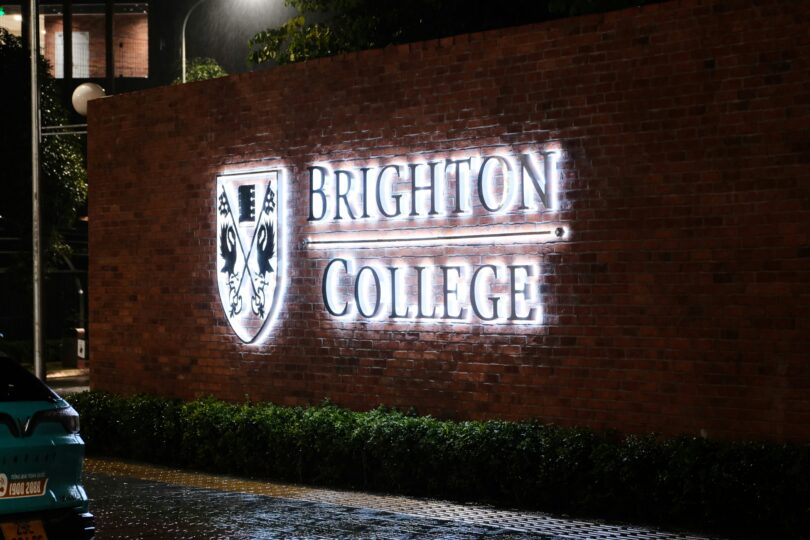Introduction
The Fulbright Scholarship is one of the most prestigious international exchange programs in the world. Established in 1946 by Senator J. William Fulbright, the program aims to increase mutual understanding between the people of the United States and other countries. This scholarship provides grants for students, scholars, and professionals to study, teach, or conduct research abroad. The Fulbright Program operates in over 160 countries and has benefited more than 400,000 participants since its inception.
History of the Fulbright Scholarship
The Fulbright Program was conceived in the aftermath of World War II to promote peaceful relations between nations. The program is sponsored by the U.S. Department of State’s Bureau of Educational and Cultural Affairs (ECA) and funded by the U.S. government, foreign governments, universities, and private donors. The scholarship has evolved over the decades, expanding to encompass a wide range of disciplines and participants from various backgrounds.
Objectives of the Fulbright Scholarship
The core objectives of the Fulbright Program include:
- Promoting cultural exchange and diplomacy
- Providing outstanding students and scholars with international educational opportunities
- Encouraging collaborative research and academic partnerships
- Enhancing global leadership skills among participants
- Supporting educational development in partner countries
Types of Fulbright Scholarships
The Fulbright Program offers several types of scholarships catering to different applicants:
1. Fulbright U.S. Student Program
This program provides grants to American students, including recent graduates and graduate students, to study or conduct research in foreign countries. It also includes the English Teaching Assistant (ETA) program, where recipients help teach English in host countries.
2. Fulbright Foreign Student Program
This program enables international students to pursue graduate studies (Master’s or Ph.D.) in the United States. It is one of the most sought-after scholarships for students worldwide.
3. Fulbright U.S. Scholar Program
Designed for U.S. faculty members, researchers, and professionals, this program supports teaching, research, or both at institutions abroad.
4. Fulbright Visiting Scholar Program
This program allows international scholars to conduct post-doctoral research or teach at U.S. institutions.
5. Fulbright Specialist Program
This short-term program (2-6 weeks) allows U.S. academics and professionals to provide expertise and collaborate on projects at foreign institutions.
6. Fulbright Teacher Exchange Program
This program provides opportunities for primary and secondary school teachers to teach abroad and exchange best practices with educators worldwide.
7. Fulbright Public Policy Fellowship
This initiative allows early and mid-career professionals to work in foreign government ministries or institutions.
Eligibility Criteria
The eligibility criteria for the Fulbright Scholarship vary by country and program. However, some common requirements include:
- A bachelor’s degree (for student programs)
- Strong academic and leadership potential
- Proficiency in English or the language of the host country
- A well-defined research proposal or study plan
- Commitment to returning to the home country after the program
Read More: Scholarships for College Students
Application Process
Applying for the Fulbright Scholarship requires careful planning and preparation. The steps typically include:
1. Research the Program
Applicants should review the specific Fulbright Program available in their country and determine their eligibility.
2. Prepare Application Materials
- Statement of Purpose: A clear explanation of academic and career goals
- Research Proposal: A detailed plan for study or research (if applicable)
- Letters of Recommendation: Usually three letters from academic or professional referees
- Academic Transcripts: Certified records of previous studies
- Language Proficiency Tests: TOEFL/IELTS for non-native English speakers (if required)
3. Submit Application
Applications are typically submitted online through the relevant Fulbright Commission or U.S. Embassy website.
4. Interviews and Selection
Shortlisted candidates are invited for an interview conducted by a panel of Fulbright representatives.
5. Final Selection and Notification
Selected candidates receive official confirmation and begin pre-departure preparations.
Benefits of the Fulbright Scholarship
The Fulbright Scholarship provides numerous benefits, including:
- Full Tuition Coverage: The scholarship covers tuition fees for the entire duration of the program.
- Living Stipend: A monthly allowance to cover accommodation, food, and personal expenses.
- Travel Expenses: Round-trip airfare to and from the host country.
- Health Insurance: Comprehensive medical coverage during the program.
- Research and Professional Development: Funding for academic resources, conferences, and networking opportunities.
- Cultural Exchange Activities: Engagements that promote cross-cultural understanding.
Challenges and Expectations
While the Fulbright Scholarship is highly rewarding, it also comes with challenges:
- Rigorous Selection Process: The competition is intense, and only a limited number of applicants are selected.
- Cultural Adjustment: Scholars must adapt to different cultural, academic, and social environments.
- Academic Pressure: High expectations for research and coursework performance.
- Obligation to Return: Many programs require scholars to return to their home country upon completion to contribute to national development.
Success Stories
Fulbright alumni have gone on to achieve remarkable accomplishments in various fields. Notable alumni include:
- John Hope Franklin (Historian and Author)
- Joseph Stiglitz (Nobel Laureate in Economics)
- Sylvia Plath (Poet and Writer)
- Muhammad Yunus (Nobel Laureate and Founder of Grameen Bank)
- Rita Dove (Former U.S. Poet Laureate)
Additional Opportunities and Networking
One of the biggest advantages of the Fulbright Program is its strong alumni network. Participants gain access to Fulbright Alumni Associations and various networking opportunities that help advance their careers. Many Fulbright scholars continue to contribute to research, education, and international development long after their programs have ended. The Fulbright Program also encourages continued engagement through grants for alumni, enabling them to lead community projects and academic initiatives.
Conclusion
The Fulbright Scholarship is an unparalleled opportunity for students, scholars, and professionals to gain international experience, contribute to global knowledge, and foster intercultural understanding. Despite the competitive nature of the application process, the rewards of participating in this program are immense, making it a highly coveted scholarship worldwide. For aspiring scholars, securing a Fulbright grant can be a life-changing experience that opens doors to academic and professional excellence.






